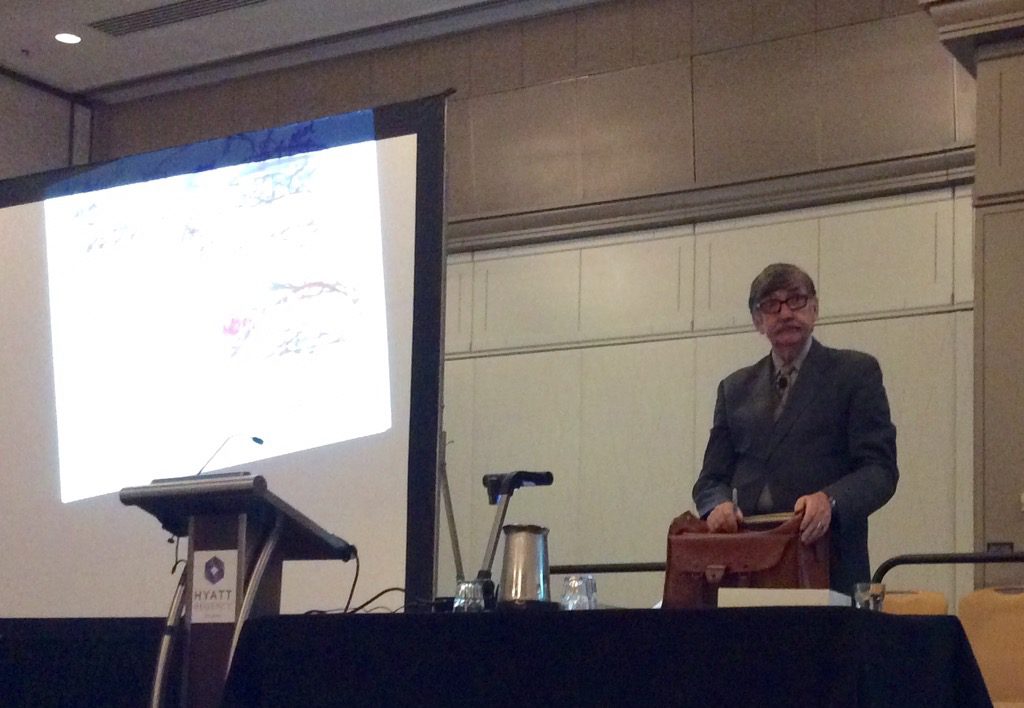Creating Controls for Five Root Organizational Risks
Police officers, firefighters and emergency medical services personnel continue to get in trouble for the same things over and over again. This ‘trouble’ does not just impact them as employees, but also the employer and the management in a public entity. In this session at the PRIMA 2016 Annual Conference, Gordon Graham from Lexipol, LLC, demonstrated five categories that serve as the root of risk control problems and activities within them that can be fine tuned to improve existing policies and prevent problems.
According to Graham, “In order to be successful, you must first get and keep good PEOPLE, derive and maintain good POLICY, make sure there is adequate TRAINING regarding the policies, have appropriate SUPERVISION of workers to make sure policies are being followed and take appropriate DISCIPLINE when there is deviation from established policy.”
People
- If the proper recruitment efforts are in place, you can attract the broad, deep applicant pool that is necessary to provide the top-notch employees who reflect the relevant workforce of the community. If you don’t have: 1) smart people and 2) smart people that look like the community, you have a problem.
- Comprehensive background investigations should be taken seriously. Spend good money on them. Evaluating criminal records is not enough because many bad people do not get caught. If you do not conduct thorough background checks, you are begging for problems. Ongoing background checks (every five years) are recommended because people go bad over time and tragedies can occur.
- Make complete understanding of the probationary process part of onboarding for new employees so they understand the implication of their actions.
- Take meaningful performance evaluations seriously or do away with them. They are a written document prepared every year without a lot of thought and they can come back to bite you. When they are taken seriously, they can provide useful information, but nine out of 10 times they are not. We overrate people because we’re lazy and those reviews can be used against the employer in lawsuits and other conflicts.
Policy
- Without policy, you will have 10 different good employees approaching a task 10 different ways with 10 different results. Good employees need good policy. Standardize your best practices.
- Identify the HR tasks in each and every job description. Focus on high-risk tasks (i.e. how can an employee get get killed, hurt, sued or indicted?). Include review by competent counsel and subject-matter experts annually.
- In addition, evaluate if you have all of the policies in place required by law.
- Make sure management and employees alike have total understanding of all policies put into place.
Training
- The employer is responsible for training. Repetitive training after an incident occurs is not enough, you must provide repetitive training up front. Training should focus highly on the core critical tasks – high risk, low frequency, with no time to think. These are the scenarios that need frequent, ongoing training.
- Every day must be a training day. A good strategy is playing the “what if” game.
- Training should be provided by people who actually care about the training or it will fall flat. For consistency, training records are essential with proper documentation.
- Assessment and testing will help confirm if the training is working and if employees are familiar with policies and procedures.
Supervision
- Someone has to ensure that the systems are being implemented and that is the role of the supervisor. Management creates the rules, supervisors must enforce them and employees must follow them.
- Supervisors must enforce all of the policies all of the time to all employees. Consistency is key.
- This can be checked through auditing, inspections and complaint investigation. People that think rules do not apply to them are a problem lying in wait. You must identify these individuals and correct it.
- Take the approach of trying to catch your people doing something right and then take the time to document it.
Discipline
- Discipline is a function of policy – it is not dependent on consequences. It must be prompt, consistent, fair and impartial.
- HR and Civil Service must be involved early in the process. They are subject-matter experts in this area, so use them.
- There must be a clear line drawn on ethics issues. Mistakes can be fixed, however, intentional misconduct can not be tolerated. People who do bad things on purpose are in the wrong line of work.


